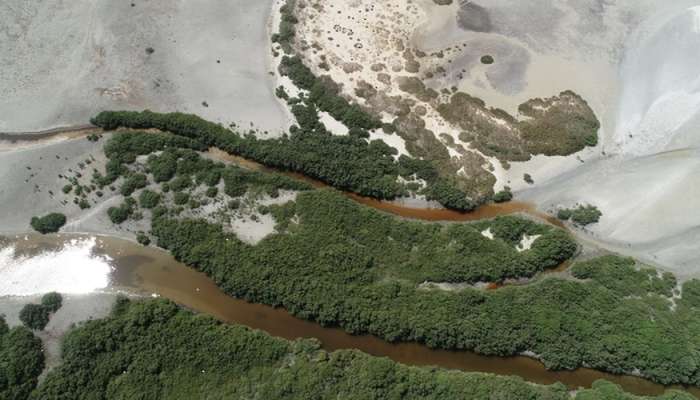
Muscat: The Sultanate of Oman has received official accreditation from the Ramsar Convention for the inclusion of the Al Wusta Wetlands Reserve on the List of Wetlands of International Importance.
This marks the third Omani site to be included in this prestigious list, following the Al Qurm Nature Reserve (2013) and Al Ansab Wetlands (2020).
This achievement was announced on the sidelines of the 15th Conference of the Contracting Parties to the Ramsar Convention (COP15), held under the theme "Protecting Wetlands for Our Common Future" in Zimbabwe, which continues until 31 July.
This official international recognition represents a culmination of Oman's efforts in biodiversity conservation and its commitment to implementing international environmental standards for protecting fragile ecosystems. It also highlights the reserve's status as one of the most important ecological sites at both regional and global levels.
The Al Wusta Wetlands Reserve is distinguished by its rare ecosystems, including mangrove forests (Oman's largest pristine gathering, covering 162 hectares), salt flats, coral reefs, and seagrass beds. It also provides nesting habitats for endangered sea turtles such as the Olive Ridley and Green Turtle.
The site accredited under the Ramsar Convention covers approximately 81% of the total area of the Al Wusta Wetlands Reserve, which spans 714,213 hectares, forming a unique ecosystem that combines sensitive natural habitats and rare species.
The reserve is classified as the best site in the Middle East for hosting birds during winter, annually receiving over half a million waterbirds. This includes 23 species whose numbers exceed 1% of the total migratory birds between Asia and East Africa, such as flamingos, plovers, and gulls. The reserve also harbors rare and endangered marine species like the Arabian Humpback Whale and dolphins, and supports 80 species of global importance.
The reserve has met all nine criteria of the Ramsar Convention. Prominently, it contains rare ecological systems (such as mudflats and salt pans), supports endangered species (like whales and turtles), and serves as a primary source for fish food and reproduction.
The reserve is also an eco-tourism destination attracting birdwatching and wildlife enthusiasts, thereby promoting sustainable tourism. It further supports the national economy through environmentally friendly investment projects that adhere to international standards to ensure resource sustainability.
The reserve began its role as a center for waterbird studies in the 1980s and was officially declared a Ramsar site by the Environment Agency in November 2023.